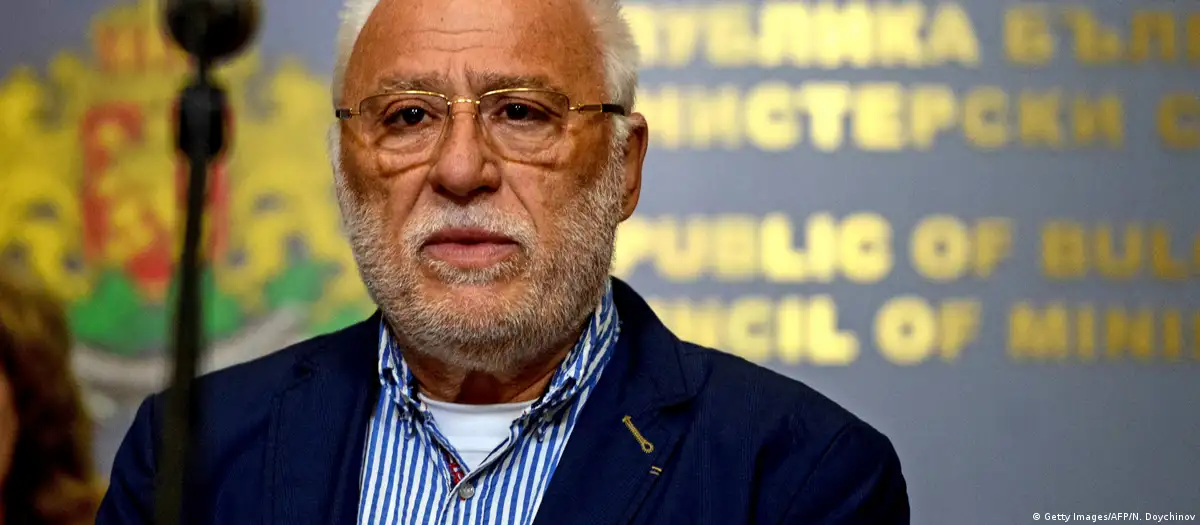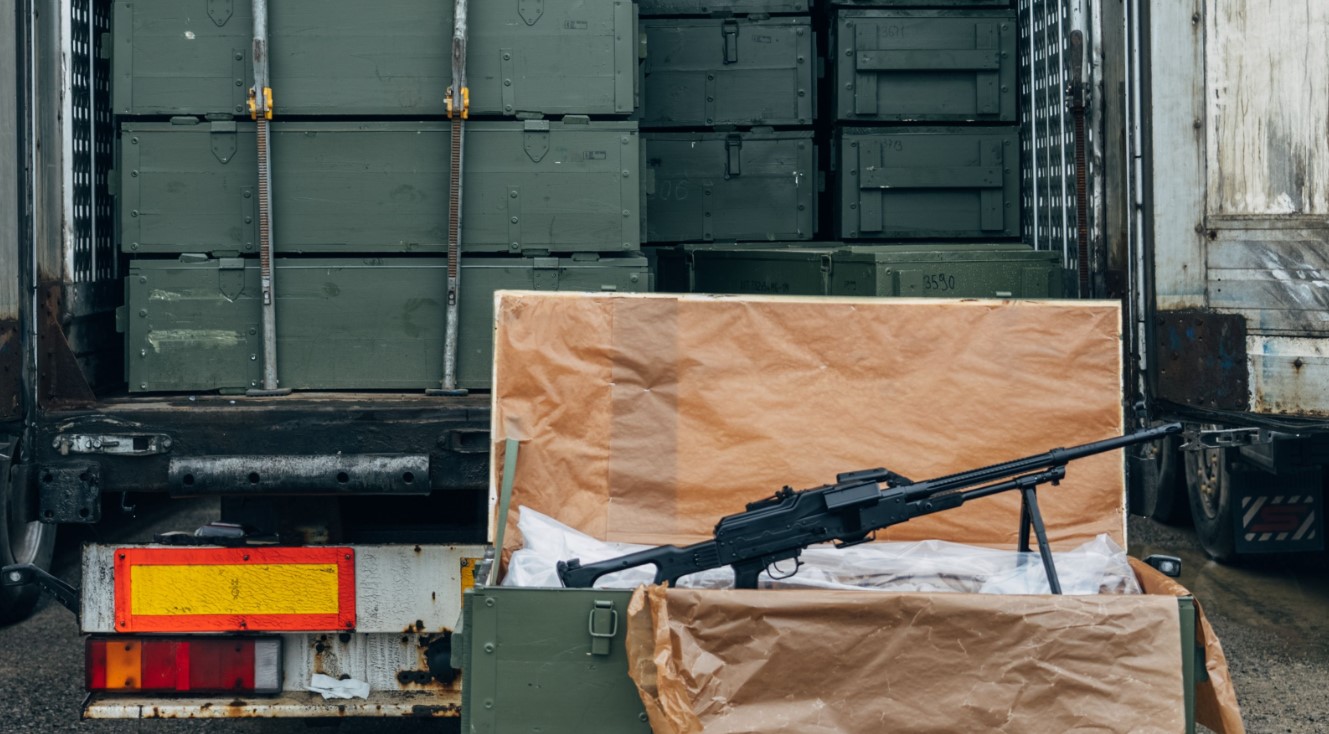Russians are preparing sabotage at Bulgarian defense industry enterprises
19 November, 2023 Illustration photo of ammunition. Photo from open sources Russians are preparing sabotage at Bulgarian defense industry enterprises.
The Financial Times reported on this. Emilian Gebrev, the Bulgarian weapons manufacturer, who survived two Russian assassination attempts, is sounding the alarm over Moscow's attempts to disrupt arms shipments to Ukraine. In an interview with the publication, he shared that Russian saboteurs are actively attacking his production facilities and depots, and this campaign started even before the full-scale Russian-Ukrainian war.
"The Russian threats [mean] that a new set of measures must be taken at the national level as well as at the level of the Alliance," he wrote in a Q&A, referring to NATO, of which Bulgaria has been a member since 2004.
 Emilian Gebrev. Photo from open sources
Emilian Gebrev. Photo from open sources
Gebrev stated that officers of the Main Directorate of the General Staff of the Armed Forces of the Russian Federation (formerly the GRU), who twice tried to kill him in 2015, "obviously acted on orders from a very high level in Moscow." He added that it remains unclear why Russia would "use subversive methods at defense-related facilities and attempt assassinations on NATO and EU territory."
Not a single Russian agent has been detained or prosecuted in connection with his poisoning and the explosions at his company's facilities. Gebrev blamed this on the Bulgarian government, which continues to be influenced by Moscow. Russian influence extends to political parties and the media and threatens Bulgaria's growing ambitions to increase the production of Soviet-era weapons and ammunition used by many countries around the world.
"Since the Cold War, 'Bulgaria [has been] too vulnerable and relaxed, offering a comfortable environment for GRU agents to operate freely,'" Gebrev said.
 Map of the explosions in Bulgaria. Photo credits: The Insider
Map of the explosions in Bulgaria. Photo credits: The Insider
The Russians tried to kill Gebrev twice, the first time using a nerve agent and the second time trying to poison him. Bulgarian prosecutors investigated three Russian agents suspected of working with a nerve agent and charged them with "attempted murder."
But in 2020, the proceedings were suspended, with the authorities citing a lack of progress and international legal assistance. Emco, owned by Gebrev, was first targeted in 2011 when an explosion occurred at one of its depots in central Bulgaria. Gebrev claimed that this was the first act of sabotage against his plants, a claim that has not been confirmed by an official investigation.
Other explosions have occurred over the years, including an explosion in 2022 and a fire this year at EMCO arms company in Karnobat in eastern Bulgaria.
 A large-scale fire broke out in the depot of the EMKO arms company near the Bulgarian city of Karnobat. June 25, 2023, Bulgaria. Photo credits: @niporwifi
A large-scale fire broke out in the depot of the EMKO arms company near the Bulgarian city of Karnobat. June 25, 2023, Bulgaria. Photo credits: @niporwifi
Similar incidents have occurred at other arms manufacturers, but the authorities did not investigate their circumstances.
"There has been no result in any of the more than a dozen cases related to Russian terrorist acts and the spy network in Bulgaria," Gebrev noted. The chief prosecutor was fired in June under the newly elected pro-Western government in Sofia, which has pledged to curb Russian influence, and justice reform has made it harder to close corruption and organized crime cases. "The prosecutor's office and the previous leadership of the State Agency for National Security were involved in the systematic and massive concealment of ... acts of sabotage committed by Russian agents, including explosions at our warehouses and the Novichok poisoning attempt," Gebrev shared.
 Bulgarian MG-1M machine guns of the Ukrainian military.
Bulgarian MG-1M machine guns of the Ukrainian military.
April 2023, Ukraine. Photo credits: Armed Forces of Ukraine
Bulgarian officials estimate that up to 40 percent of the bullets and shells used by Ukraine in its war with Russia were produced in Bulgaria. Arms production brings Bulgaria about 5 percent of its GDP.
In addition, Bulgarian defense companies are now actively replenishing the stockpiles of NATO allies after the transfer of a significant amount of ammunition to Ukraine.